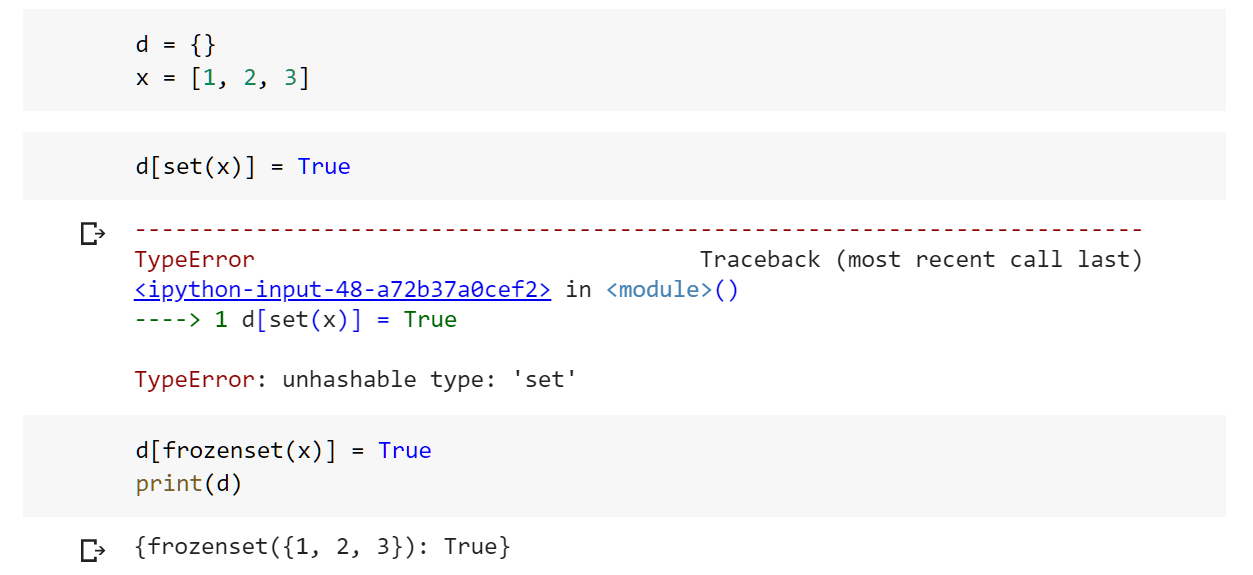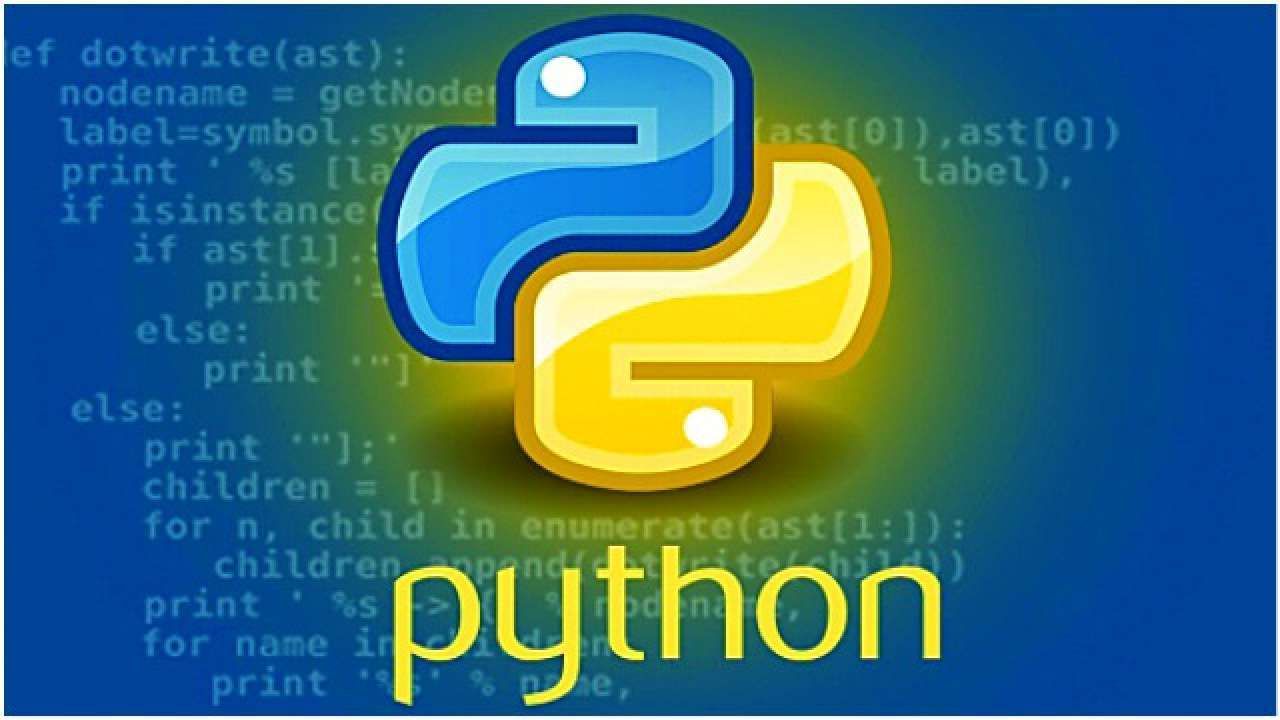Python has a lot to give. Every week, I see code written in a way that I did not think was possible. Some of these functionalities are brilliant, and I cannot understand how I ever lived without them — others are simply nice to know.
This article will cover a few of these functionalities that are less commonly used, while still being immensely useful — including:
Variable Assignments - with *args and **kwargs (incl. dictionary merging)
Frozensets - what they are and why they're useful
Multiple Conditionals - cleaner logic
Check if a Variable Exists - in both local and global scopes
Better than Lambdas - writing Pythonic and functional one liners
Variable Assignment
Just like function *args and **kwargs — we can use the same syntax in our variable assignments:

Merge Two Dictionaries
Using the iterable variable assignment method can be particularly useful when merging dictionaries, where we can use the **kwargs syntax:

But we need to be cautious. If there are any common keys between the two dictionaries, the latter key-value pair (from y) will replace the former.
With the newest, upcoming version of Python (3.9), we will get a fresh new syntax for this exact problem — the dictionary merge and update operators:
z = x | y # merge - same behavior as above
x |= y # update - in-place dictionary merge
Frozensets
In Python, we can use sets, which are unordered collections of distinct objects. These sets are mutable, which means we can change them with add() and remove() — this also means that the set is unhashable (more on this in a moment).
Alternatively, we can use the immutable frozenset() — we cannot change its values. But, because it’s immutable, it’s hashable — which shows when we attempt to use both a set and frozenset as dictionary keys:

Okay, so using a frozenset as a dictionary key is not that useful (if anyone has a reason for doing this, please let me know!). But what frozenset does do is give us is more explicit, intentional code. It warns future readers of the code —
#python #programming #data-science
